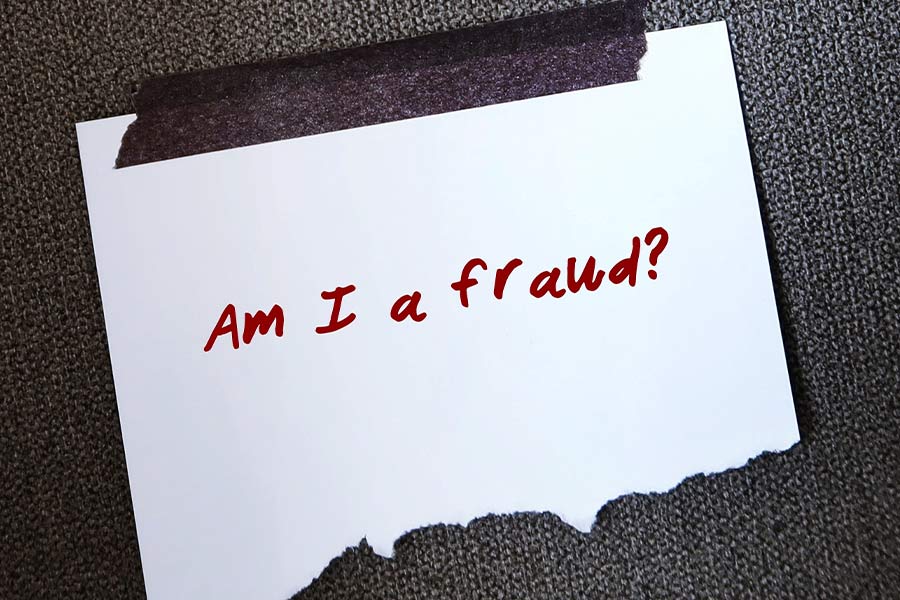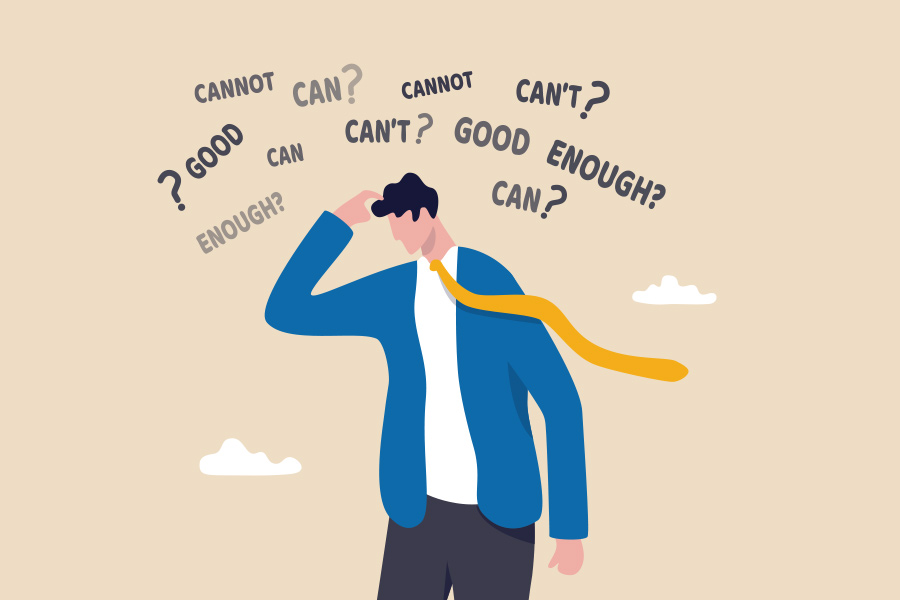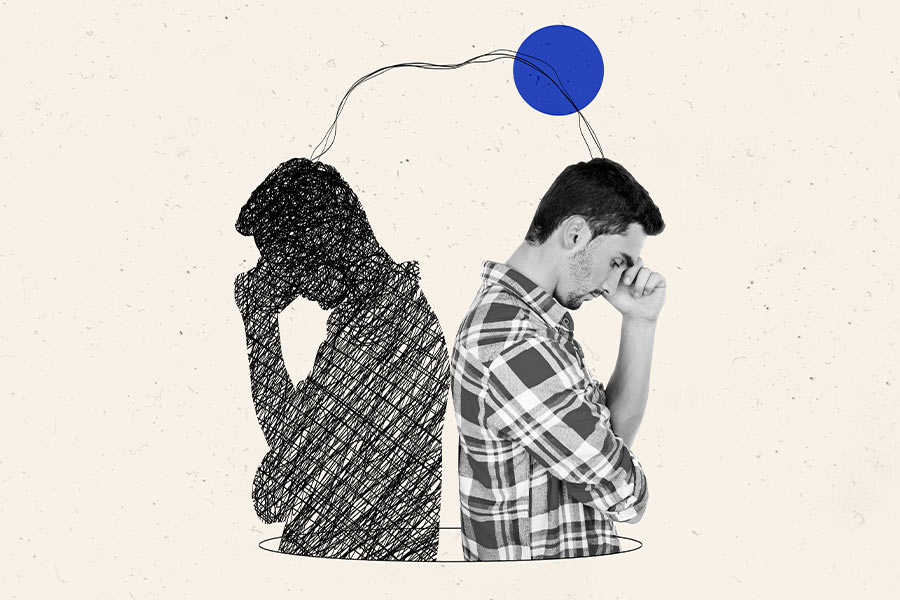“Doubt kills more dreams than failure ever will”
“Often, those who criticise others reveal what they lack”
“Confidence is silent, insecurity is loud”
… and the like are what you get when you do an old-fashioned Google search on insecurity (yes, it is old-fashioned, the next gen is all about ChatGPT). You might be wondering, why am I reading about insecurities all of a sudden. Isn’t this a column on sports and life? Yes, it is. The fact is insecurities and imposter syndromes are among the most common things we see in the performance domains. Let me explain with two stories.
I have a friend who is by any and all definitions a high-achiever. She is pursuing a PhD at a global Top 20 institution. She is on track to complete her PhD in time. She has so far managed to do everything that her supervisor wanted her to do. Yet she keeps feeling that she is “not good enough and is failing”. Does not make sense, right?

About 70% of us experience insecurity or feelings of being an imposter at some point in their lives. What might be surprising is that in high-performance individuals, the percentage is even higher
The other story is of a professional footballer I have had the privilege of working with. He is due for contract talks in August. His current contract is not just comfortable, but also lucrative enough for him to be able to buy a Mercedes tomorrow. He had a solid last season and he played his role perfectly. Yet, one of the things we keep returning to is how insecure he feels about everything. “I am worried… I don’t feel that my position is safe… It might vanish overnight,” he says.
This might be familiar to some of you. This might also seem alien to some of you. You might be thinking: “You are doing great! What are you worried about?” It is more likely that you are thinking: “Oh, no! I recognise this, I feel the same way.” About 70% of us experience insecurity or feelings of being an imposter at some point in their lives. What might be surprising is that in high-performance individuals, the percentage is even higher.
What is Imposter Syndrome?

Imposter Syndrome can make individuals doubt their accomplishments and fear being exposed as a fraud or not good enough Shutterstock
Imposter Syndrome is a psychological pattern where individuals doubt their accomplishments and fear being exposed as a fraud or not good enough, despite evident success. For example, a highly praised and successful artist might constantly worry that their work is mediocre (or even bad). They then believe that their success is undeserved, often attributing it to luck. This phenomenon started to be explored in 1978 when psychologists Pauline Clance and Suzane Imes researched why high-achieving women felt that their success was not good enough. In the decades since, it has been investigated and found to be common across genders and professions. To take a simple example, you have cooked a great meal, but the Imposter Syndrome makes you feel like your cooking was not up to the mark, and you worry about what others will say even when they are praising the meal and have lapped up your dishes.

This phenomenon started to be explored in 1978 when psychologists researched why high-achieving women felt that their success was not good enough Shutterstock
Imposter Syndrome comes from experiences of failure or rejection that leave lasting scars and make individuals hesitant to trust their abilities. Sometimes when people are constantly critiquing a person, they get more prone to insecurity and doubt if what they are doing is good enough. Think of the time you were in school and there was a teacher who always unfairly criticised you (yes, everyone had one!). Every time you had to do an assignment for them, you felt scared and uncomfortable, and apprehended criticism regardless of what you did. What does this do psychologically? It stops you from trusting yourself. You cannot rely on yourself despite being good. You then look to others for validation, but you are never satisfied because you always want more. You then set impossibly high standards and then feel more insecure when you inevitably fall short. If you feel this way or something similar and want me to write about it, do get in touch.

Imposter Syndrome comes from experiences of failure or rejection that leave lasting scars and make individuals hesitant to trust their abilities Shutterstock
How do we erode the Imposter insecurity?
I use the word erode because dealing with imposter syndrome is not a one-time process. If it was, it would not be a syndrome, would it? Typically, a three-step process is recommended. First, you acknowledge that you may have it. You will be surprised but most people keep denying that they feel that way. Next step, set smaller targets in combination with big ones and once you achieve them, make sure you acknowledge it. Third, have a person who is your checking buddy, who supports you and keeps giving you honest feedback. This could be a friend or your psychologist.
Most importantly, remember that example from Snow White? Don’t resort to doing ‘Mirror, mirror on the wall…’
Dr Sahen Gupta is a Kolkata-born, India- and UK-based psychologist who divides his time between mental health support and high-performance coaching. As the founder of Discovery Sport & Performance Lab, he works not only with Olympians and other top-level sportspersons, but also with CEOs and other professionals striving for excellence. Dr Gupta’s mission is to simplify complexities of the mind into actionable and simple ‘doables’ that allow individuals to be mentally fit.


